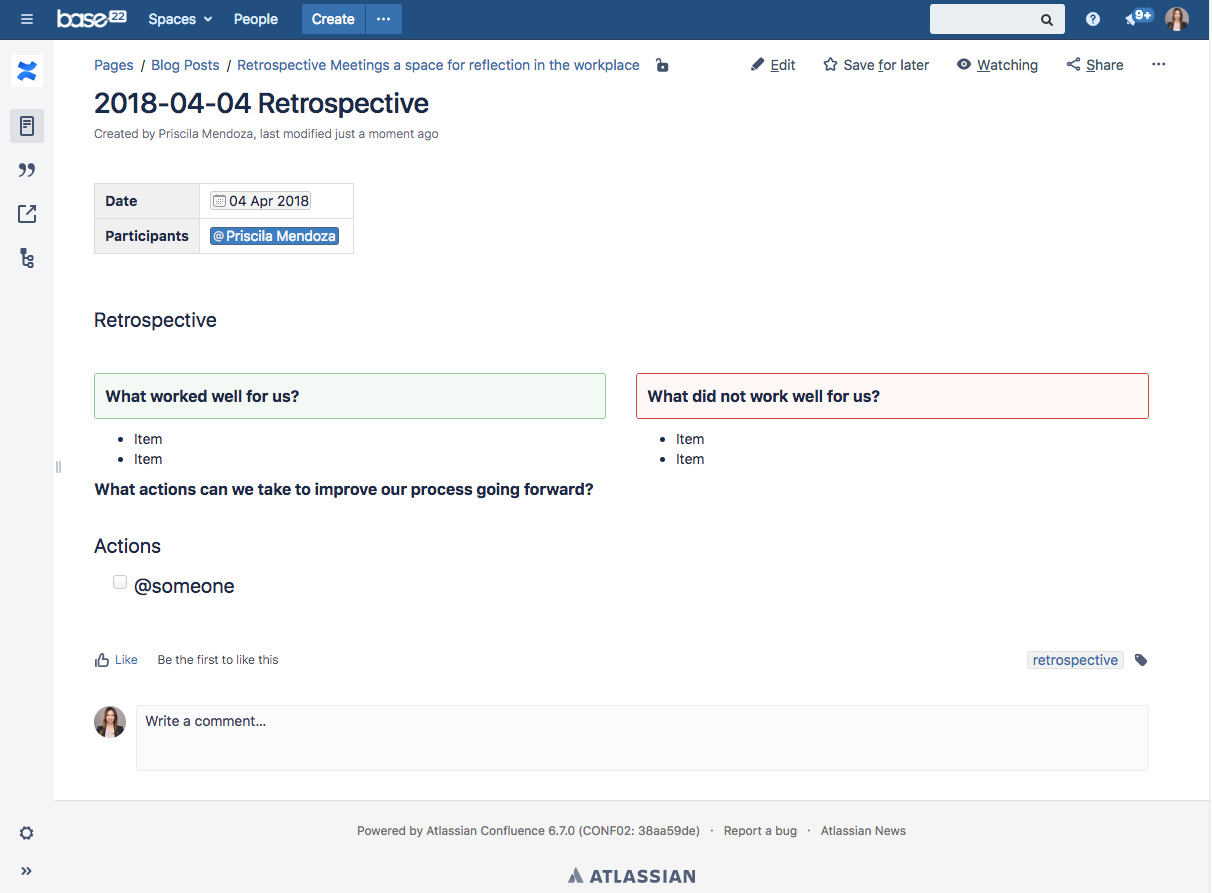In the setting of the knowledge economy, organizations –as collective organisms – evolve based on their members' learning experiences. Therefore, defining the enterprise's learning strategy has become crucial in the pursue of productivity and growth.
Most frequently, when it comes to defining the organization's learning strategy, the focus is placed on the direct experience (learning-by-doing) approach. This means, defining the capabilities and skills to be developed, the track of courses, and the different ways in which employees can apply new knowledge. Nevertheless, a study by Francesca Gino and Gary Pisano of Harvard Business School, Giada Di Stefano of HEC Paris, and Bradley Staats of the University of North Carolina suggests an additional component into the organization's learning equation: the reflective practice.
Based on a series of studies the researchers came to the conclusion that when direct experience is coupled with reflection, performance results are improved. The reflective practice as part of organizations' workflow might result unfamiliar for some. However, we can find some reflective practices in certain activities taken after a project or a project's phase is over. The name of these activities, which are usually meetings, varies accordingly with the industry. For example, some people call it post-mortem, others call it lessons learned, and in the software industry, particularly in the Agile Methodology, they are called retrospective meetings.
We do not learn from experience... we learn from reflecting on experience. -John Dewey
The value of retrospective meetings
As indicated by their name, retrospectives are spaces where the team stops from the day to day activity to think, express, discuss, and therefore reflect on the work done during the last iteration. This type of meeting is a collective activity where all team members are responsible for participation and organization. The objective of these meetings is to facilitate the team’s self-ability to improve performance and build healthy team dynamics.
Usually, there are three questions that guide this reflective practice:
- What worked well for us?
Here the team reflects on all the positive aspects and the team's wins, but most of all, how to replicate these successful practices forward.
- What did not work well for us?
From the mindset that everything can be improved, the team discusses the opportunity areas with the intention of doing better in the future. It is important to avoid blame-storming and excuse-making, the purpose is not to identify underperformance members, but being able to overcome issues and shortcomings.
- What actions can we take to improve our process going forward?
Here the team takes reflection and feedback and turns them into actionable items. Part of the reflection is to collectively generate a plan that will take the team to a better place.
April Wensel, the founder of Compassionate Coding, states that well executed, retrospective meetings contribute to teams' happiness and fulfillment since they incorporate the mindsets of gratitude and growth. Through the gratitude generated by recognizing what went well, teams foster positive feelings, stronger relationships, and resilience. On the other hand, as suggested by Wensel, the growth mindset provoked by identifying the opportunity areas helps teams to create an environment that values humility, builds resilience, and ultimately creates confidence at both team and personal levels.
Retrospective meetings in high-pace, high-stress, and tight-schedule projects.
As stated previously, creating formal spaces for reflection into the organization's workflow is beneficial from performance and cultural standpoints. However, sometimes when working on fast-paced projects with remote teams, it can be challenging to make time for reflection. For these cases, it is recommended to take an asynchronous approach and utilize collaborative editing and messaging tools.
To follow this approach, the meeting facilitator needs to collect team members' insights (individual answers to the leading questions) and then make these responses available through a collaborative space such as a google doc, or a wiki page, to finally invite the team to make comments, have discussions, and decide which actions should be taken. At Base22, we use Atlassian products (Confluence, Jira, and Bitbucket), and recently we found out that Confluence has a page template for retrospective meetings. This tool can help you to accelerate the documentation of your retrospectives and also keep track of the action items and who is responsible for each one of them. Fortunately, there are lots of templates and resources available online to help teams conduct better and more effective retrospectives.




